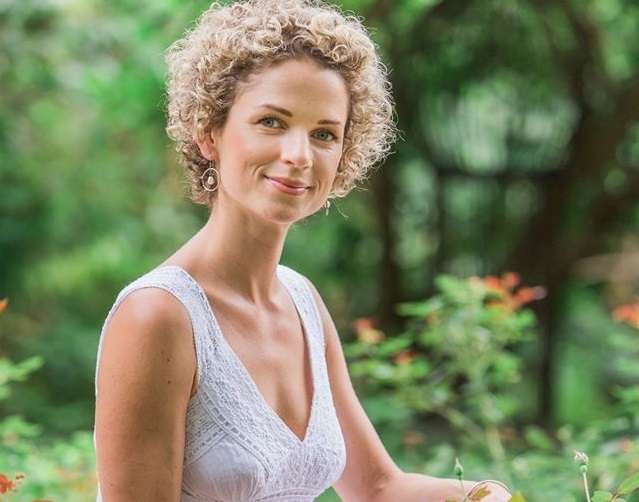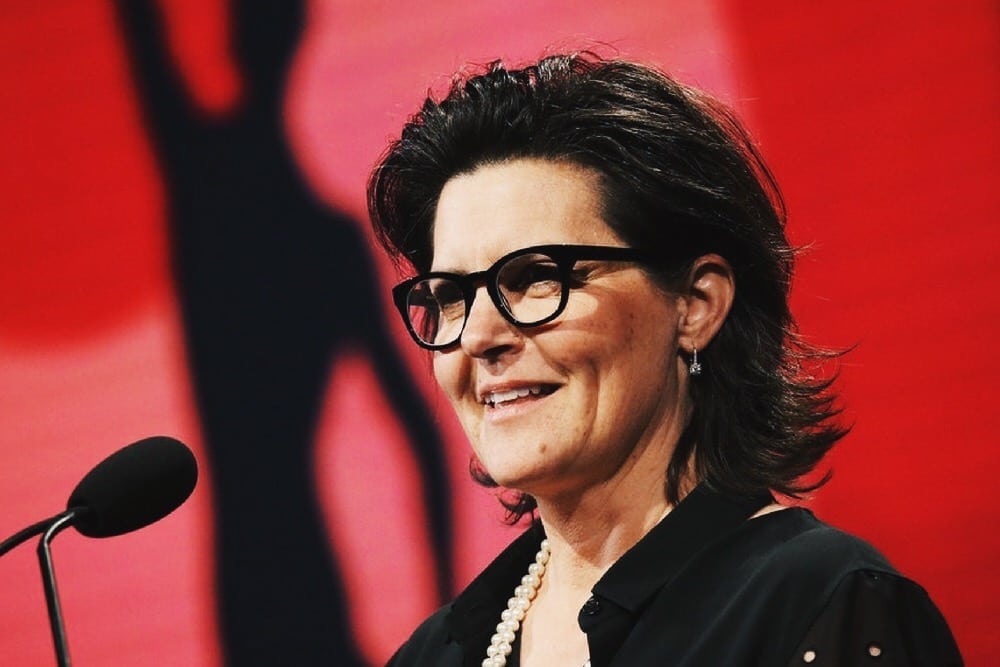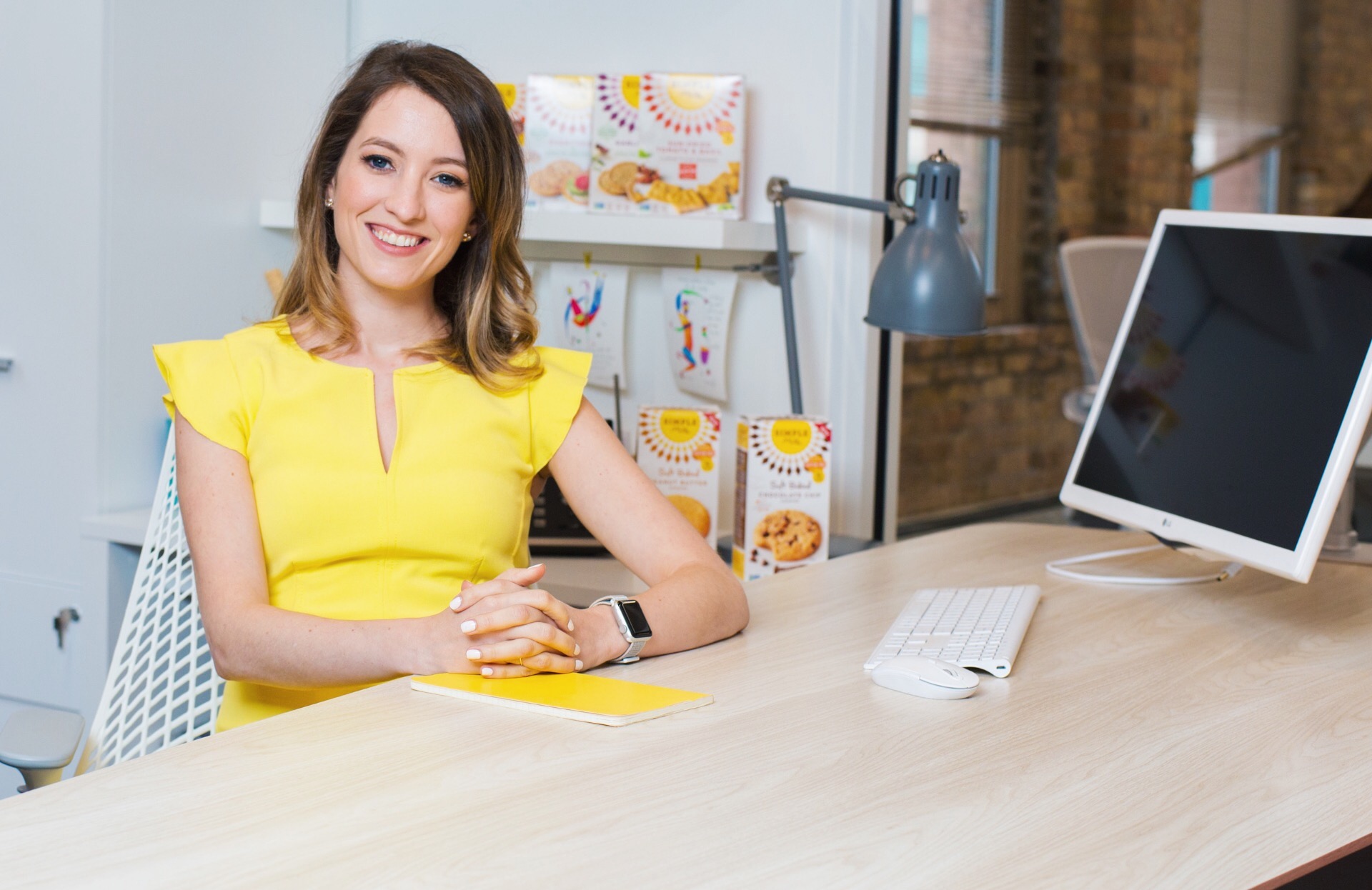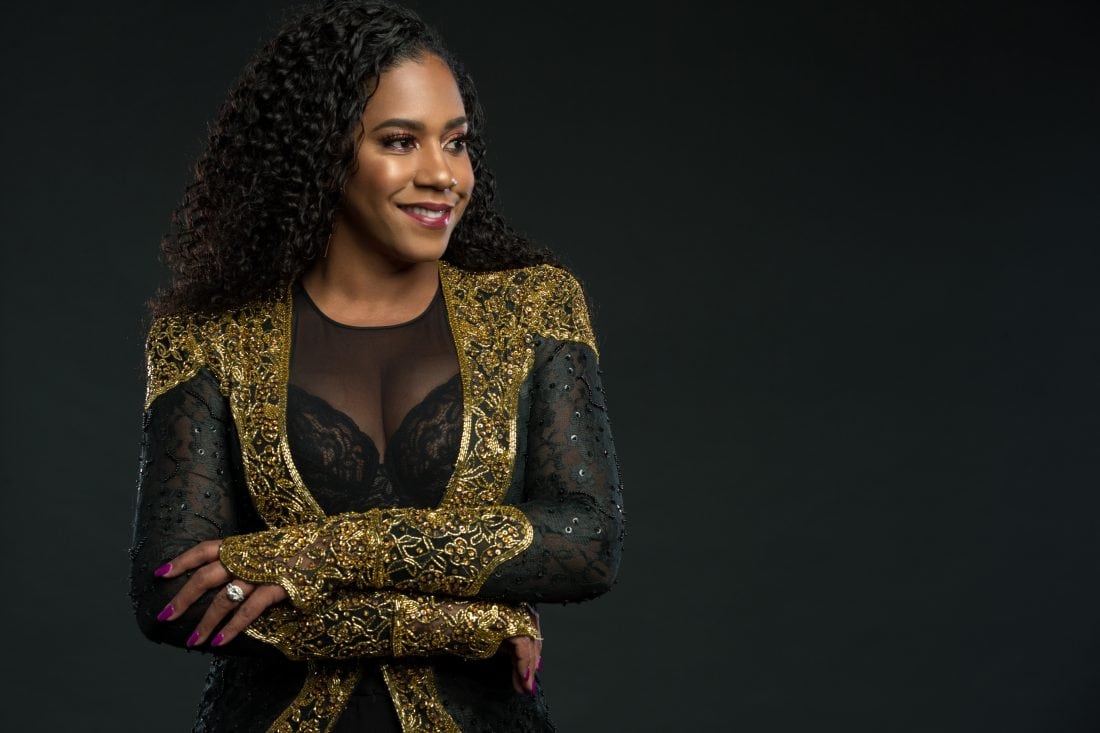Marie Aspling is one inspirational woman who has found her balance in life and work. Aspling moved to the U. S. from Sweden, and in 2010 she founded Balans, Boston’s first and only organic spa. A former scientist, Aspling uses her observation skills to show clients the physical changes they can make to achieve better health, such as improving their posture or the way they do things. Balans provides spa, nutritional, and functional movement services through education, hands-on therapies, and organic products for at-home use.
HER Magazine sat down with Aspling and talked about why she opened Balans and why it’s important to achieve mind/body balance.
HER Magazine: What is behind the meaning of the name Balans?
Marie Aspling: This is Swedish for balance and how I live my life.
HER: Part of your program is bringing the best in wellness from Sweden to the U.S. Was this something you grew up with, and part of your inspiration for Balans?
MA: Yes, absolutely. It was a big clash moving to the U.S. 12 years ago. There was a loss of balance, and also mindfulness. This change inspired me to pursue this lifestyle, and educate people.
HER: How does your background in biomedical sciences play into your preventive care programs?
MA: As a scientist I observed for a living, and now I study my clients and can follow them to see the change in their behavior and posture with the deepened connections. We’ve taken people off antidepressants and heart medication, so I know it can be done. I’m hungry for data, and now I track structural data with my clients. That’s how I started Balans.
It’s more than observing; it’s doing
MA: I focus on the visual component, and start with a postural assessment.
[Most people] don’t notice when their shoulders are up to their ears, or their back is rounded. I can show them with photos and tracking. I apply the theory of movement in everything from massage to daily life. When we re-assess they can see how they have improved. This is really what our deeper mission is, to empower individuals.
Making that important leap
HER: Was there a specific event in your life that propelled you from leaving your work in the scientific lab to launching a wellness center?
MA: The final switch came when I realized I wanted a bigger purpose, and my compassion needed to come out. I wanted to work with people. Then it just hit me drastically one day, and I walked into a health gym and applied for a job.
Eventually, in 2010, I founded Balans. I had built my massage clientele on the side, and integrated movement with those clients, and [the company] grew from there.
Aspling’s best advice
HER: For someone wanting to start a business, how do you suggest moving an idea or product forward?
MA: I just naturally question everything, and drink up information, and realized if one way isn’t working there must be another way. So, I just jumped.
I knew I offered something no one else did. It doesn’t matter if you are selling cupcakes or some other product; it’s about what you know. I provide a service, and it is a valuable service
Stay true to yourself
MA: I don’t like the corporate mindset, or rules, or the fear-based behavior that comes with that, so going out to do it on my own, I could make my own rules and wanted to bring my clients into a less distracted place.
It was about letting them do what they needed. That was my strength, and people were attracted to that. [Balans] grew organically.
Delegation is important
MA: I learned how to do things along the way, like build my website, design business cards. I didn’t want a partner because I didn’t want to lose control or change the concept.
But, I also gave up a lot of responsibility, even in the beginning. Everyone on my team has keys and access the spa at all times, and we take care of it together. I didn’t want to be a burned out owner.
HER: Did you utilize advisory board members, mentors, or other women business groups to support your start for launching your business?
MA: I learn from everyone I meet, from the front desk girl to the highest-level client. Balans wasn’t created by any one individual. So this is something I look at every day.
HER: Marketing is always a big focus for business owners and entrepreneurs. Can you share some of the wins, and non-wins you’ve experienced in marketing your business?
MA: The non-wins are easy for me. Conventional marketing doesn’t work for me. I tried paper ads, and got maybe one return. For me, [the spa] is personal, and people need to touch and feel and experience our location, so it’s been word of mouth, and referrals. I don’t use Google ads and other stuff.
I just feel it’s important to be consistent, even if you only have $1000 a month. I’d rather give complimentary treatments to new clients and their friends as my marketing budget and get them to be loyal. Balans always has been and will be very personal.
Focus on yourself
HER: Spas and the wellness industry are very competitive. What have been your biggest go-to resources for gaining a market share and staying on top of the industry?
MA: Yes, this industry is very competitive, and Boston didn’t need another spa, but our concept is so rare, I don’t feel we have any competitors. I don’t spend my time looking at competitors because I want to focus on my own growth. Others spas don’t compare to ours.
I do stay up to date on the competition, but the city is big enough for all of us, and I’m the only organic spa in the area. Clients will find a home, some here and some with other locations.
HER: If you don’t mind sharing with our audience your start up process, did you self-fund your project, or did you use outside resources, crowdfunding, investors, and anything else?
MA: I bootstrapped with my savings of about $16,000. When I started I was going through a divorce, and had my green card through my marriage, so I wasn’t even sure if I was going to be able to stay in the country. But I just did it.
Self-care is the key to work-life balance
HER: What do you do to keep your own wellness in balance?
MA: It’s about being mindful of the load and acting on it before it accumulates. A typical day for me starts at 5:30 a.m., but I don’t “turn on” until 8 a.m. No phone, no anything. I focus on what I’m doing, not multi-tasking.
HER: What do feel are some of the rewards of being an entrepreneur?
MA: That you can create what you want to create with no limitation, and you get to live and create your dream. This is real. You get to watch how it affects other people, both staff and clients, and the transformation and growth they have. I enjoy mentoring and being there for other people. That keeps me motivated. It’s hard work, but it’s also easy because these are things that come naturally to me.
Like what you’re reading? Access HER magazine’s monthly publication in iTunes or Google Play – it’s where we feature powerhouse women you can learn from and share exclusive content you won’t find here.







